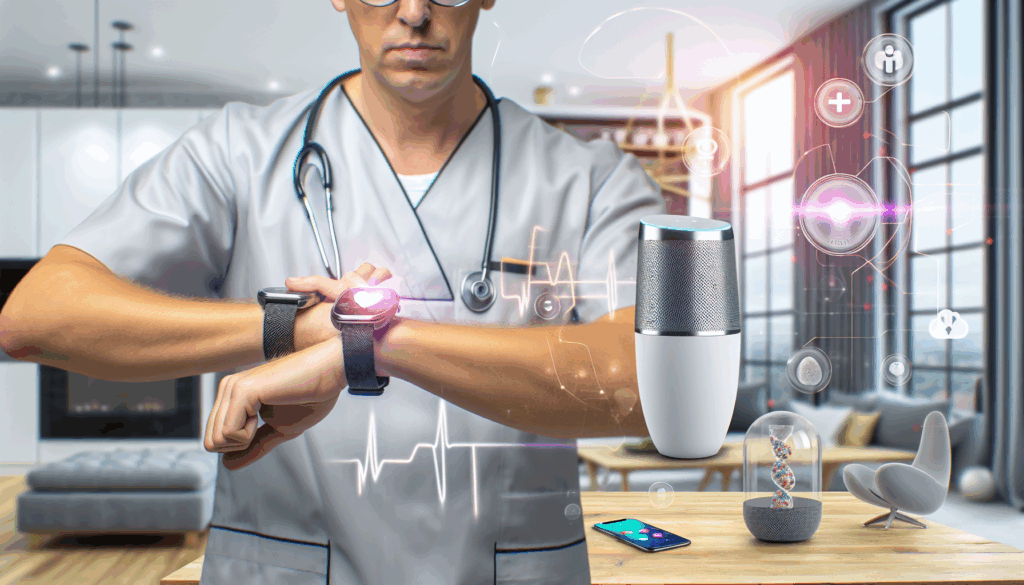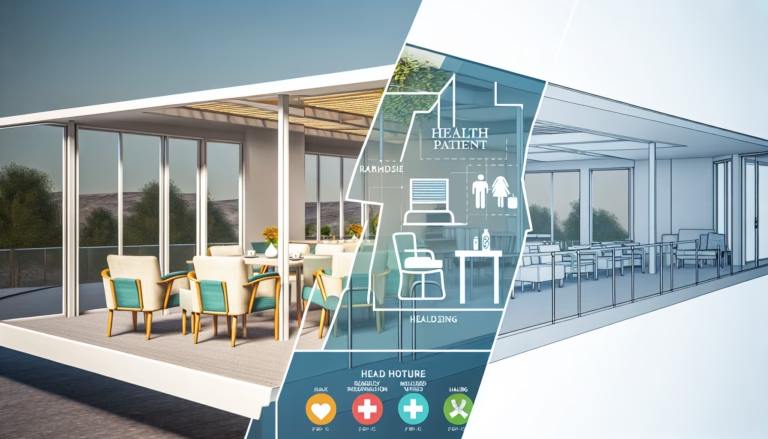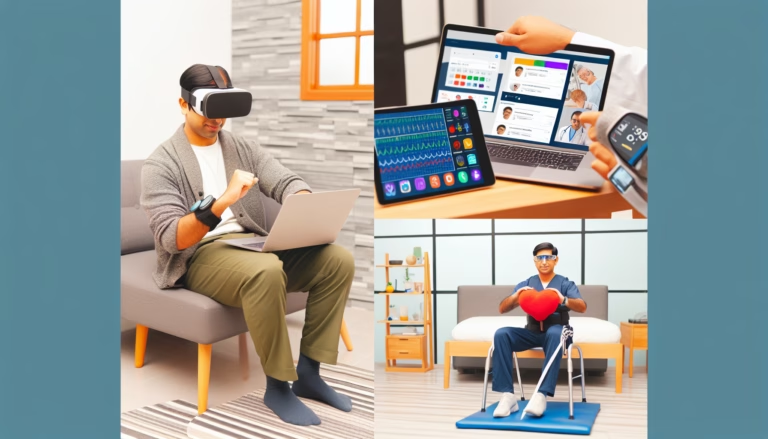As the landscape of healthcare continues to evolve, so does the importance of integrating innovative technologies into home health care routines. For patients and caregivers alike, embracing these advancements can significantly enhance quality of life, improve health outcomes, and foster a greater sense of independence. In this article, we explore some of the latest innovations in home health care that are transforming how individuals manage their health from the comfort of their own homes.
Wearable Health Devices: Monitoring in Real-Time
One of the most impactful advancements in recent years has been the proliferation of wearable health devices. These gadgets—ranging from smartwatches to specialized health trackers—offer real-time data on vital signs such as heart rate, blood pressure, oxygen saturation, and activity levels. For homebound patients managing chronic conditions like hypertension or diabetes, wearable devices provide continuous monitoring without the need for frequent clinic visits. This ongoing data collection helps healthcare providers make informed decisions, detect early warning signs, and adjust treatment plans promptly.
Telehealth Platforms: Bridging the Gap
Telehealth platforms have revolutionized access to healthcare services, especially for those with mobility challenges or living in remote areas. Through secure video conferencing, patients can consult with their healthcare providers, receive prescriptions, and discuss treatment options without leaving their homes. This convenience not only saves time and transportation costs but also ensures timely interventions, reducing hospital readmissions and emergency visits. Additionally, telehealth encourages proactive management of health conditions, empowering patients to be active participants in their care.
Remote Patient Monitoring (RPM): Enhancing Safety and Compliance
Remote patient monitoring systems extend the capabilities of wearable devices by integrating specialized equipment like connected blood glucose meters, pulse oximeters, and digital stethoscopes. These tools transmit data directly to healthcare providers, allowing for continuous oversight of a patient’s health status. RPM is especially valuable for managing complex conditions such as heart failure, COPD, or post-surgical recovery. It provides caregivers with peace of mind, knowing that any abnormalities can be quickly identified and addressed, thus reducing complications and promoting safer home environments.
Smart Home Technologies: Creating Supportive Living Spaces
Smart home technology offers practical solutions for enhancing safety and independence. Automated lighting, voice-activated assistants, and sensor-based fall detection systems can alert caregivers or emergency services in case of an accident. Door sensors and motion detectors help monitor movement patterns, ensuring that patients are safe and comfortable. These technologies are particularly useful for seniors or individuals with cognitive impairments, helping them maintain a routine while reducing risks associated with wandering or falls.
Artificial Intelligence (AI) and Data Analytics: Personalized Care
Artificial Intelligence is playing an increasingly prominent role in customizing home health care. AI algorithms analyze data collected from various devices to identify patterns and predict potential health issues before they become critical. For example, AI can detect early signs of infection, dehydration, or medication non-adherence, prompting timely interventions. This personalized approach not only improves health outcomes but also optimizes resource allocation, ensuring that each patient receives tailored support based on their unique needs.
Embracing Innovation for Better Home Health Care
Integrating these innovative technologies into daily routines can seem daunting at first, but with proper guidance and support, they become valuable tools in managing health at home. Healthcare providers, patients, and caregivers should collaborate to identify the most suitable solutions, ensuring seamless adoption and effective use. The future of home health care is undoubtedly tied to technological advancements that empower individuals to maintain independence, prevent complications, and enjoy a higher quality of life.
By staying informed about these innovations and utilizing them thoughtfully, we can create safer, more connected home environments that support health, well-being, and peace of mind for all involved. The journey toward a modernized, patient-centered home health care system is ongoing, and embracing these changes today will pave the way for a healthier tomorrow.



